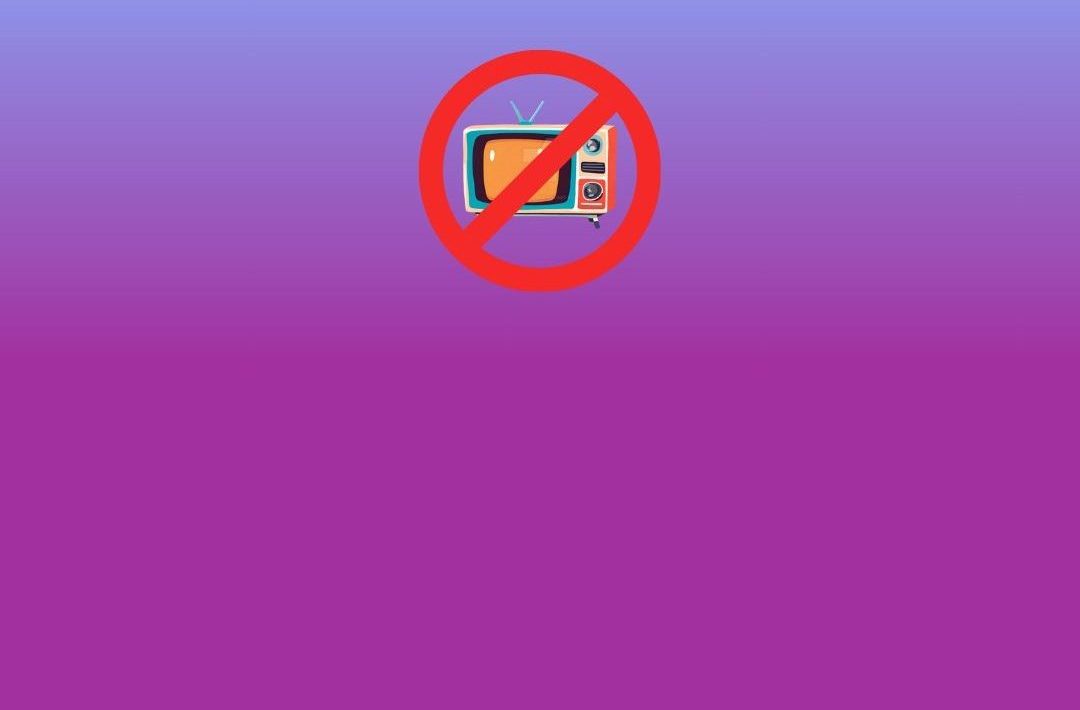Another season: yes or no?
It’s a feeling I know all too well: scrolling through Netflix looking for something new to watch. I click on a random program just to check it out and end up falling in love with it. I watch the one season available, enough time to get attached to the characters. It ends on a cliffhanger so I search for season two… only to find out it was cancelled! There’s no feeling more heartbreaking. And yet, unfortunately, it’s becoming an increasingly common phenomenon.
The whimsical and heart-warming show Anne with an E was cancelled after three seasons. This adaptation of L. M. Montgomery’s classic novel ‘Anne of Green Gables’ brought to life characters that had been loved across the world for many years.
The show had a respectable run, yet it was cancelled before a proper sense of resolution could be brought about. ScreenRant reported that the show was axed due to low viewing numbers. However, its popularity was proven when a campaign spread quickly across the fanbase. A great outcry arose across social media as many fans wanted a proper goodbye for the TV show. Unfortunately, this was not enough, and the show was never picked back up.
While the early cancellation of a TV show can feel like a loss, a fitting conclusion is often preferable to an ending which is dragged out unnecessarily
While this show wasn’t one of my personal favourites, I do think it was cancelled too soon. It struck the balance between creating an innovative retelling of a story without losing the charm of the original work. It is one of those shows that feels warm, comforting, and familiar, even on the first watch. The unique and witty characters stole the show, but that just wasn’t enough to save it.
While this particular attempt proved unsuccessful, occasionally a fanbase makes enough noise to save a program from being cancelled prematurely. Brooklyn Nine-Nine, a popular American police comedy, was cancelled after five seasons. A campaign spread like wildfire, with many fans and celebrities calling for the show to be renewed. The BBC named some of these celebrities, writing that “the Backstreet Boys and Lin-Manuel Miranda” endorsed the hit show. The show was quickly picked up by another network and continued on for three more seasons.
Whilst this is, and will always be, one of my favourite shows, I think that eight seasons was too long. The show began to feel tired and repetitive. It didn’t help that main cast member Chelsea Peretti exited early, meaning what was left wasn’t quite the same show we had grown to love. The only episodes of season eight that I tend to rewatch are the finale episodes, as these scratch the same nostalgic itch awakened by the earlier seasons. All of this is to say that, while the early cancellation of a TV show can feel like a loss, a fitting conclusion is often preferable to an ending which is dragged out unnecessarily.
But why do shows get cancelled and what do these cancellations mean for TV as a whole?
Originality is lost because the priority is to fit a mould that networks know will bring in high viewer numbers
TV creator Kevin Biegel stated to Emily St James, Vox: “To be really honest, most network shows are very, very expensive… It’s hard to justify spending $40 to $50 million on a show that people write nice things about but nobody watches.” Viewing numbers are essential to every person and company involved in airing a TV show. These figures are often prioritised above anything else. The risk with this is that shows that aren’t designed for the mainstream may be cancelled sooner because they don’t get the viewing numbers. Originality is lost because the priority is to fit a mould that networks know will bring in high viewer numbers.
S.W.A.T. is an example of this. The show follows a SWAT team as they catch criminals. It is a concept that works for the first few seasons. After this, however, it becomes very repetitive. Whilst it gives many much-needed nods to current issues, it sees largely similar conflicts and resolutions popping up across the episodes and eventually begins to feel predictable and formulaic. It is, however, a good show to binge when your brain needs a break.
Easy-to-watch shows like S.W.A.T. are saved, at the expense of more creative and unique shows that may appeal to a more niche audience
The show, like Brooklyn Nine-Nine, was cancelled but later renewed for an eighth season. This speaks to the importance of mainstream popularity. Easy-to-watch shows like S.W.A.T. are saved, at the expense of more creative and unique shows that may appeal to a more niche audience. Furthermore, many of these individual shows that push the boundaries of TV and art don’t get even get the chance to be cancelled; they never make it onto TV. Priority is usually given to viewer numbers and revenue.
Show cancellations should be considered on a case-by-case basis. Some are cancelled before a fitting farewell can be given, and some are allowed to drag on at the expense of quality. But it’s important to consider which shows are allowed to stay and which get axed quickly. Should we be looking more to a diverse range of artistic styles on our screens, or does the importance lie in maximising revenue?

Comments